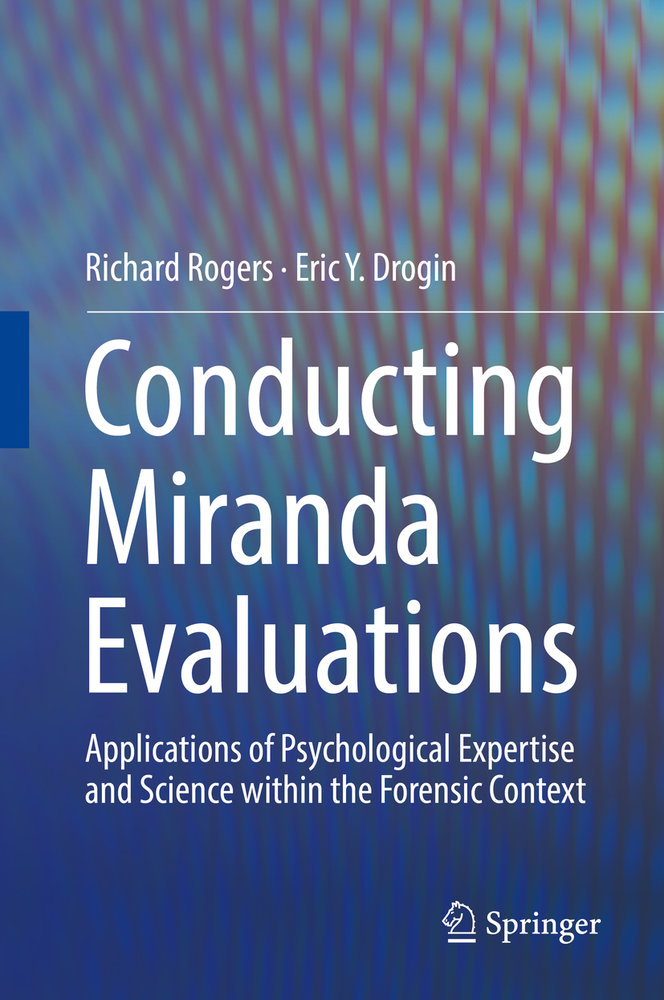This innovative book provides both the conceptual framework and clinical methods needed to appropriately handle problems that arise in the administration of Miranda warnings and waivers. Largely overlooked for decades, Miranda rights have been compromised in multiple ways, and in millions of cases. For example, each year, thousands of adult arrestees with intellectual disabilities or severe mental disorders waive their rights with markedly impaired Miranda understanding and reasoning. This also applies to thousands of developmentally immature juvenile detainees, who are often provided with complex warnings far beyond their comprehension levels. Addressing this continued crisis, Conducting Miranda Evaluations presents balanced and empirically based guidelines for conducting forensic assessments and communicating their empirical conclusions to the legal community. This book provides psychologists, and related professionals with the essential forensic and legal knowledge for carrying out evaluations of both Miranda comprehension and waiver-relevant reasoning.



